There are some Google Ads questions every single business employing a Google Ads specialist will ask sooner or later.
Chances are if you worked with us, you’d ask us the same questions too.
We know they’re coming our way like we know night will follow day, so we thought, why don’t we just make some good old content out of it?
Here they are:
We’d like to thank the guys at the Paid Search Podcast for listing these questions to begin with and providing so much insight for this piece.
Let’s get into the juicy stuff!
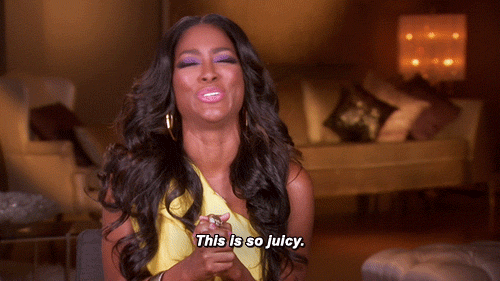
You might have gone into your Google Ads account and seen that little warning sign saying you’re limited by budget. You might be worried your competitors are spending more than you and are ‘stealing’ your customers. Maybe a little bit of both.
Either way, the only question worth asking is, are you happy with the current results?
If so, by all means spend more.
If not, don’t spend more and work on improving what you have.
Remember that Google’s goal will always be to get you to spend more money.
The fastest way to answer this is, it’s impossible to tell with certainty. It could be for any one of hundreds of different factors that make up the Google algorithm. Most of them are outside of our control.
It could be budget; impression share; the specific keyword you’ve searched for; low quality score; maybe the fact you’ve searched for yourself SO many times without clicking, that Google decided you’re not interested, and stopped showing the ads to you. And the list goes on forever.
Bottom line, please don’t search for your ads?
We know you’re going to do it anyway, but if you can manage to stop yourself, it would be great.
If you want to see the ads that are going out, ask your Google Ads manager for an export or some screenshots instead.
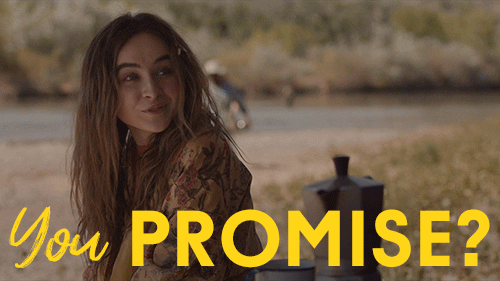
Oh dear oh dear, this is a tough question. As usual the answer is more complex than a categoric one liner.
Honestly, it depends on a combination of the data you gathered and your business goal.
For example, say you sell social media management services and you’re looking for small businesses or startups that want to outsource this time consuming job to focus on other things.
You’ve been running an ad campaign for 6 months now and you want to do something to get better results.
These are the things you should be asking yourself:
As we said… not a straightforward answer.
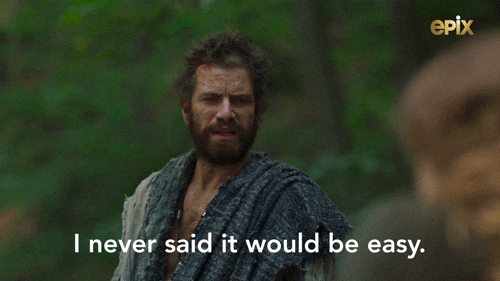
Most of the time it’s honestly just a feeling not backed up by data, but it’s still something that needs addressing.
If you have started campaigns from scratch, the impact of adding a new promotional channel will make the traffic jump considerably in the first month or two.
This growth rate is not sustainable, so you’re either going to see a smaller incremental increase or see stability in the months to come, until more budget is invested.
Does it mean results are bad? Of course not! But seeing that line going up in the graph is addictive, so no wonder everybody’s chasing it.
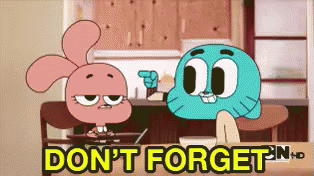
If you’re bringing somebody in to improve an account that has been stagnating for a while, they’re likely going to put a plan in place to focus on a few different areas such as ad copy, landing page recommendations, adding more keywords, excluding irrelevant searches.
Again this is most likely going to generate a meaningful difference at the beginning, to then turn into small increases or stability.
Same as above, that doesn’t mean the advertising isn’t working like it used to. It simply means expecting massive improvements month on month isn’t realistic.
At times, yes, results decline. It’s possible.
New competitors might get into the space; sometimes it gets more expensive to bid on certain keywords because Google said so.
But it still doesn’t mean results are bad.
Always keep in mind the goal of the advertising.
If the campaign is still profitable to you, there is no reason to feel like anything is wrong.
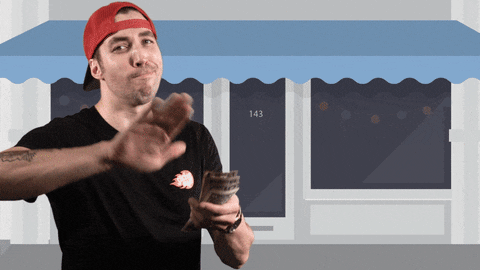
Once you have enough data to tie the spend to the results (we spent X… we got Y), you can make an educated guess that spending a third more or X will get you a third more of Y, and so on.
Bear in mind we said “once you have enough data”.
So if you’ve just run a campaign for two weeks, or a campaign hasn’t given you enough results to make that assumption, please don’t make it. Only spend more if you can make a realistic projection.







